
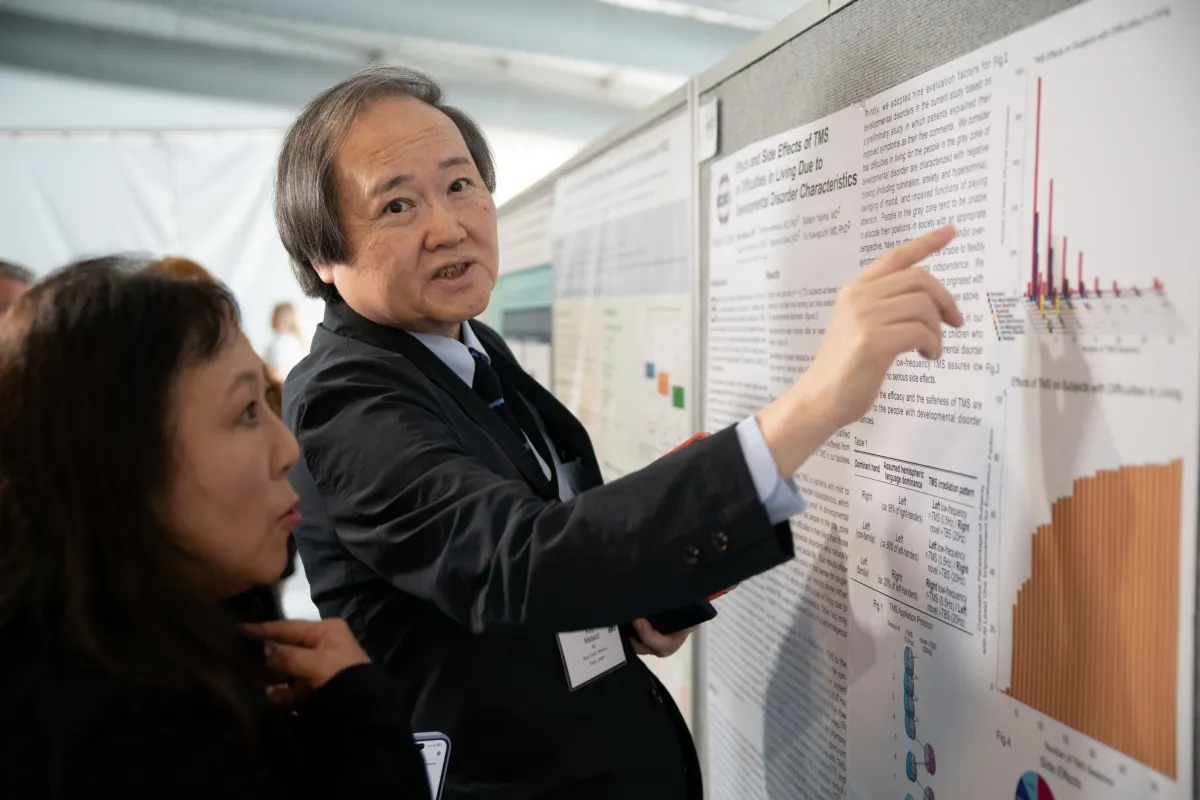
Brain Clinic's Dr. Matsuo Presents Breakthrough TMS Findings at CTMSS Annual Meeting
Brain Clinic's Dr. Matsuo Presents Breakthrough TMS Findings at CTMSS Annual Meeting
Dr. Yoshikazu Matsuo, the director of Brain Clinic Shinjuku, recently delivered a compelling presentation on the therapeutic effects of Transcranial Magnetic Stimulation (TMS) for individuals facing life challenges due to developmental disorders. This significant event took place during the 13th Annual Meeting of the Clinical TMS Society (CTMSS) held from June 12 to 14, 2025, in San Diego, California. The conference attracted a multitude of medical professionals, researchers, and TMS providers from around the globe, eager to exchange insights and advancements in the field of TMS.
During the conference, Dr. Matsuo unveiled his research on how carefully combining low-frequency stimulation to the dominant DLPFC (dorsolateral prefrontal cortex) and high-frequency stimulation to the non-dominant DLPFC can yield remarkable improvements in individuals facing difficulties associated with developmental disorder traits. His findings garnered significant attention and intrigue from attendees primarily engaged in psychiatry and child psychiatry, establishing a platform for further discussion and potential collaboration in this beneficial area of treatment.
Key Findings and Methodology
In his poster presentation, Dr. Matsuo described an extensive study involving approximately 5,000 patients who were struggling with challenges linked to their developmental disorder traits. Through innovative approaches combining repetitive Transcranial Magnetic Stimulation (r-TMS) with intermittent Theta Burst Stimulation (i-TBS), the results were astonishing. The protocol led to significant alleviations in symptoms like rumination and difficulties in switching moods, with around 80 to 90 percent of participants showing improvements in their conditions.
Following the treatment, participants reported a remarkable reduction in distress. Not only did they experience less psychological discomfort, but they also found an enhanced quality of life following the therapy sessions. Importantly, any side effects were minimal, primarily consisting of mild headaches or dizziness, as no severe adverse effects, such as systemic seizures, were observed. This study effectively validated the efficacy and safety of the TMS treatment administered under Dr. Matsuo’s outlined approach for individuals troubled by developmental disorder traits.
Implications for the Future
Dr. Matsuo's research could pave the way for new treatment methodologies in mental health, particularly for individuals who have traditionally found psychiatric interventions less effective. The blend of low and high-frequency TMS opens avenues for more targeted therapy that could alleviate symptoms that many have lived with for years. This study not only sheds light on effective treatment strategies but also offers hope to thousands facing similar issues.
The Brain Clinic, with facilities in Shinjuku and Tokyo, continues to lead in TMS-centered psychiatric care, where patients can begin treatment on the same day as their diagnosis through advanced QEEG testing. The clinic operates on weekends and holidays, focusing on accessibility and timely support for their patients.
For more information on Brain Clinic and TMS treatment, you can visit Brain Clinic. Additionally, details on their Frin Shinjuku branch can be found here and for those in the Tokyo area, further information is available here.
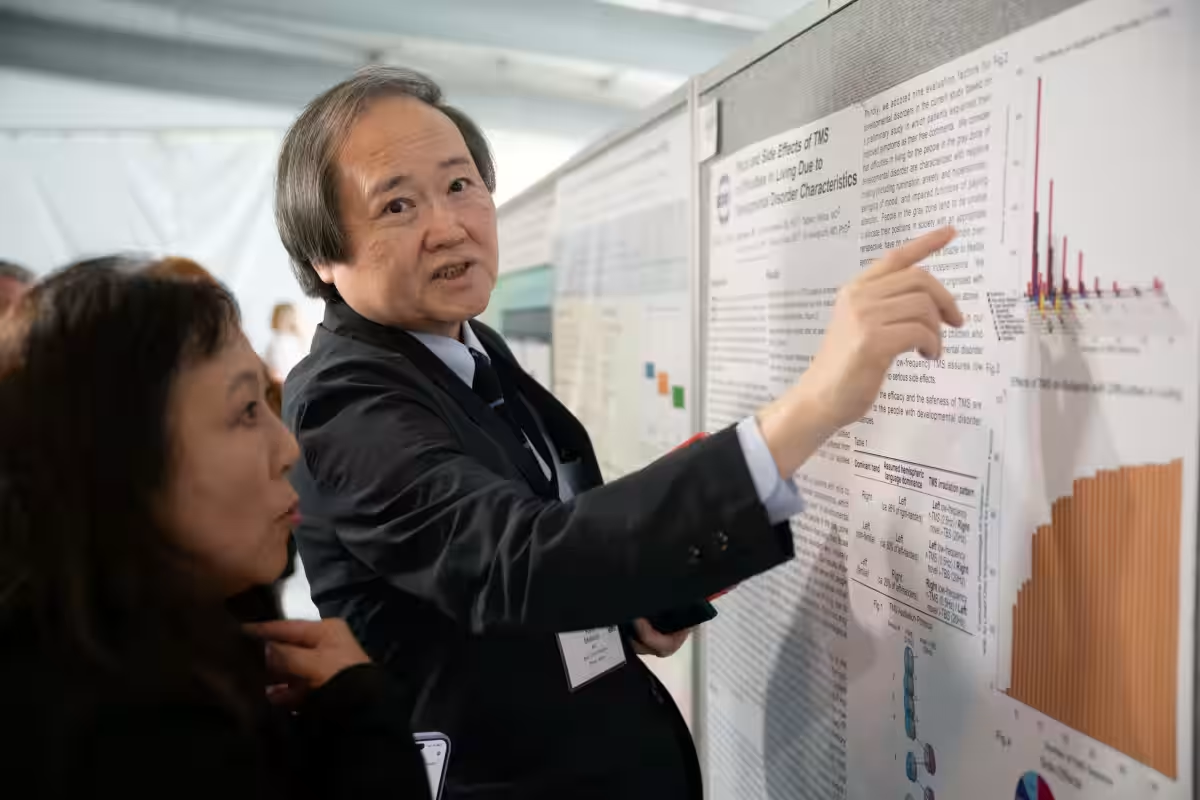


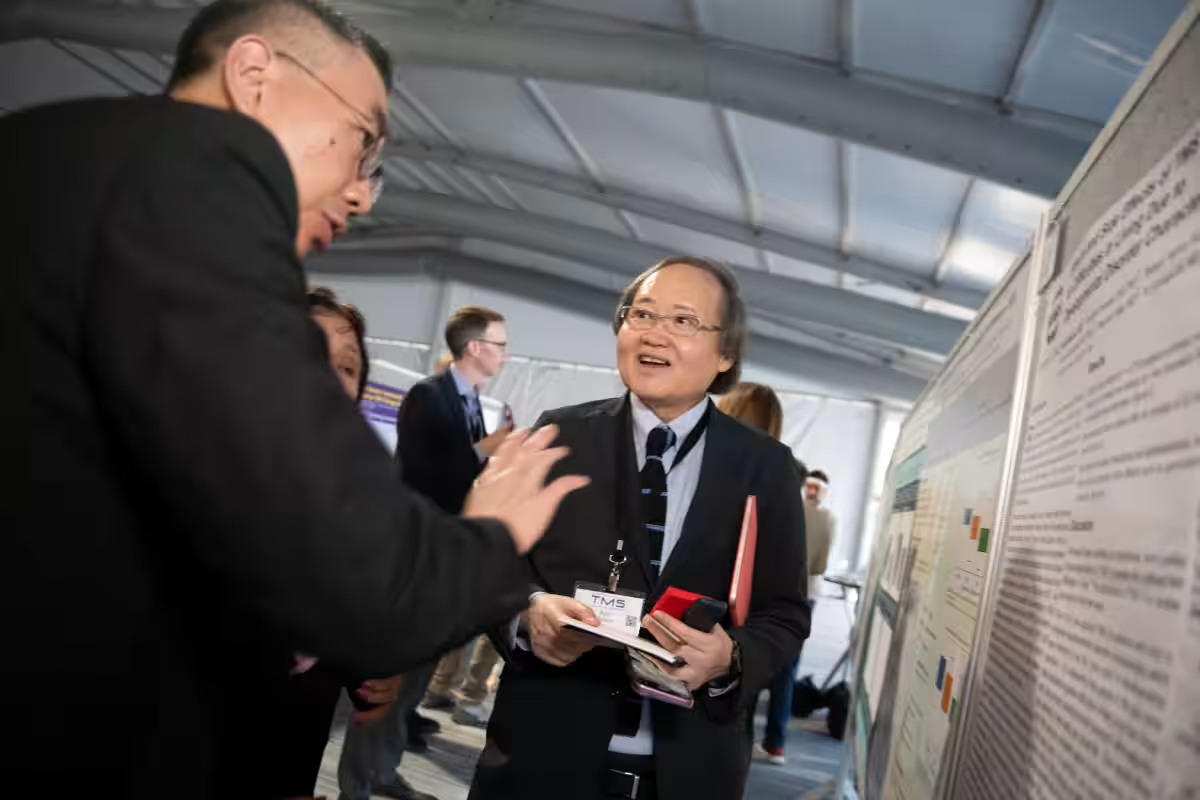
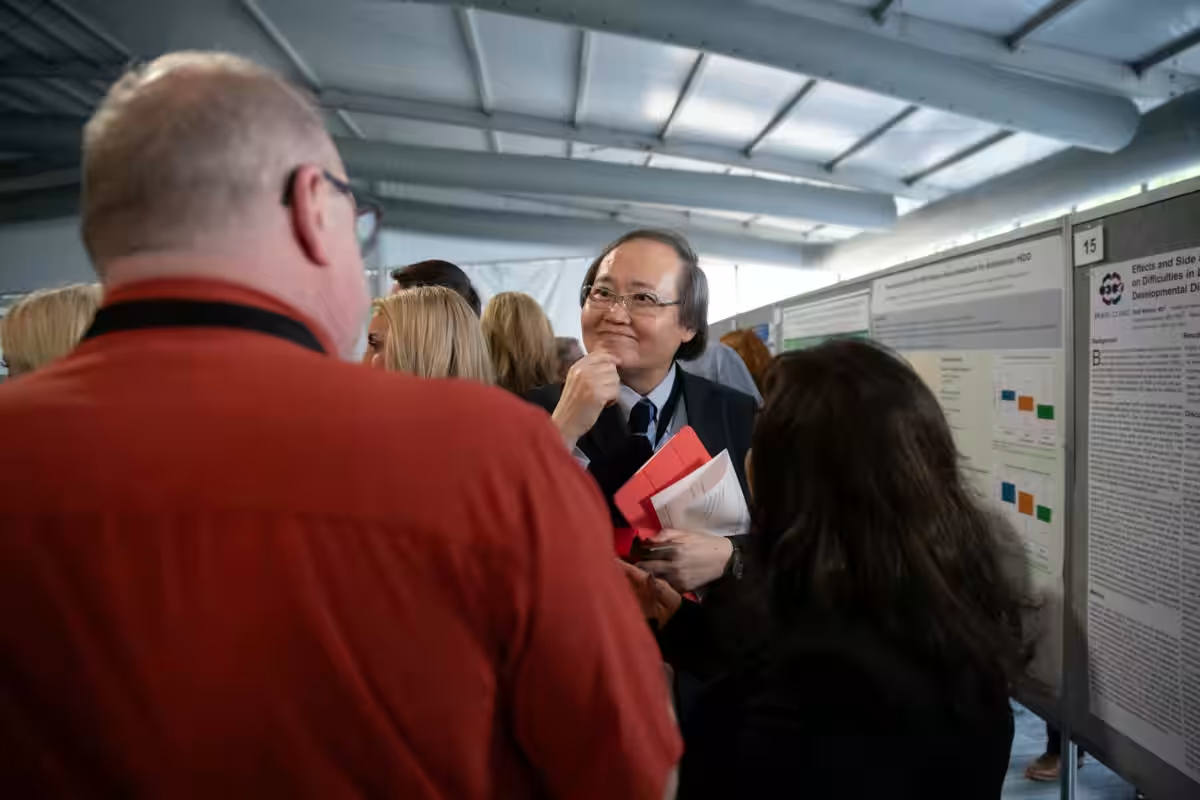
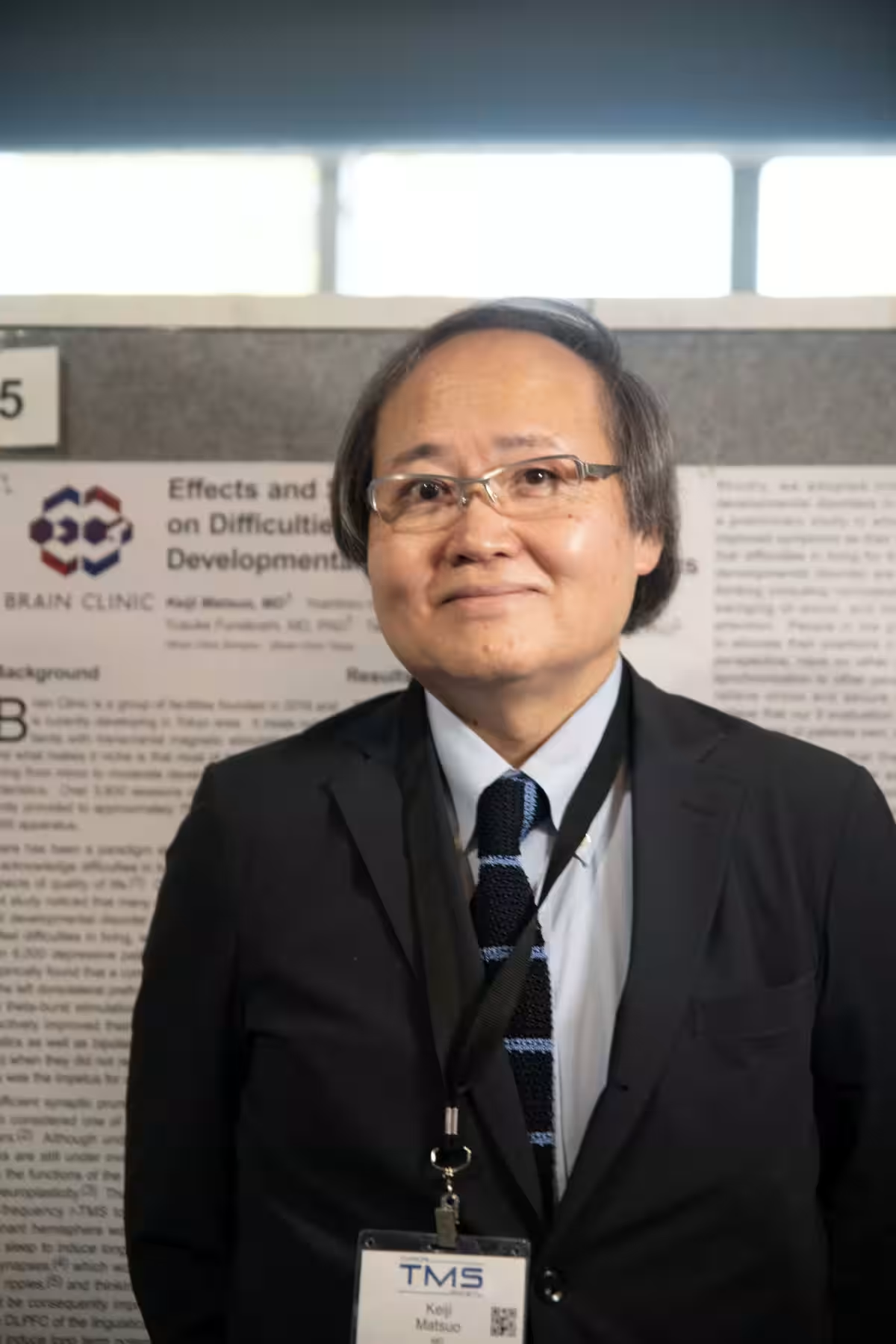
Topics Health)










【About Using Articles】
You can freely use the title and article content by linking to the page where the article is posted.
※ Images cannot be used.
【About Links】
Links are free to use.